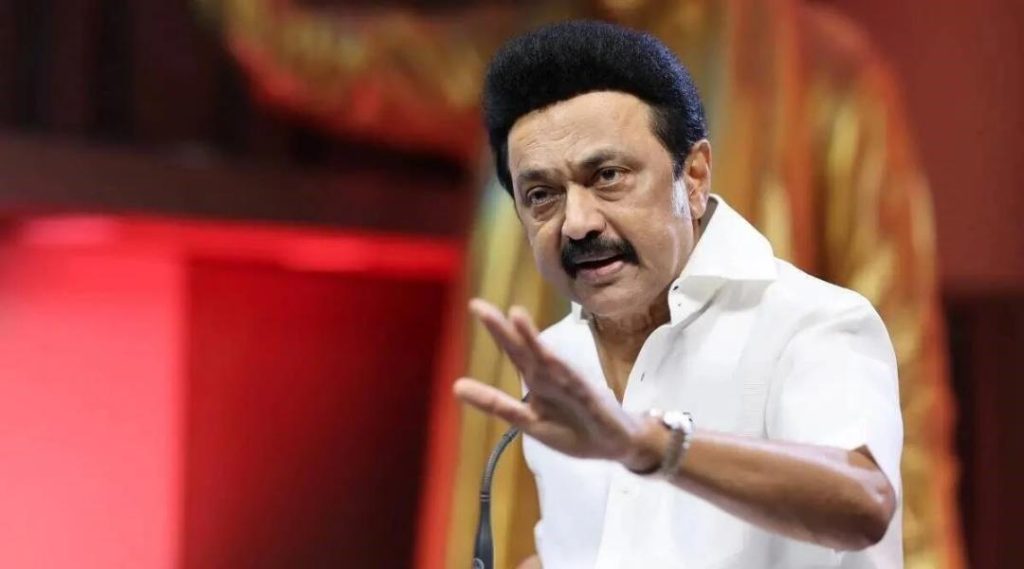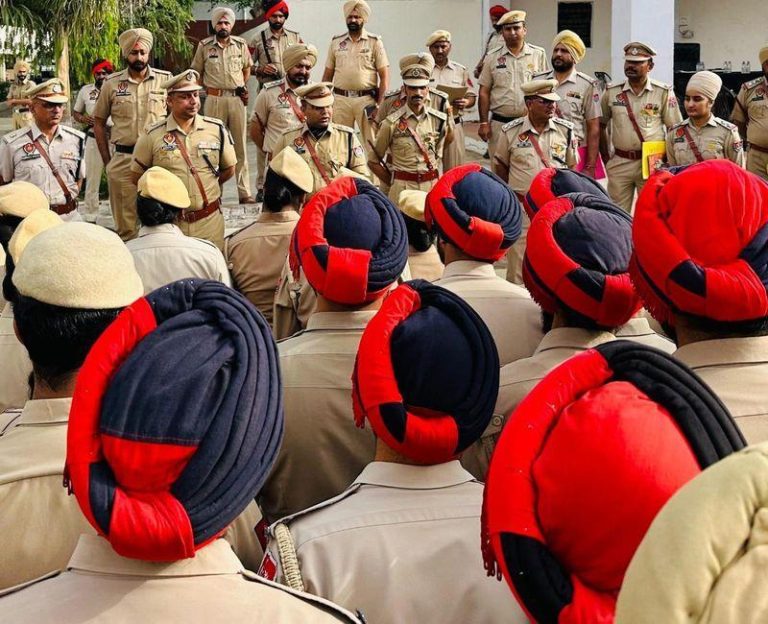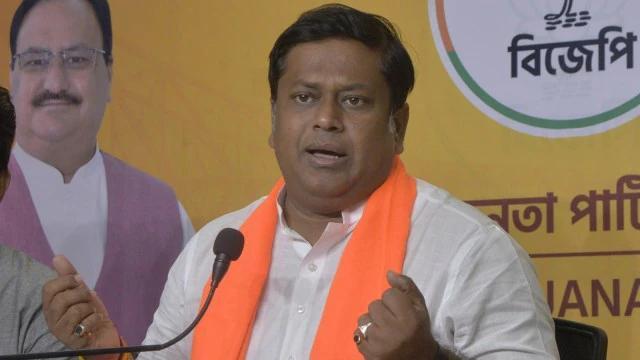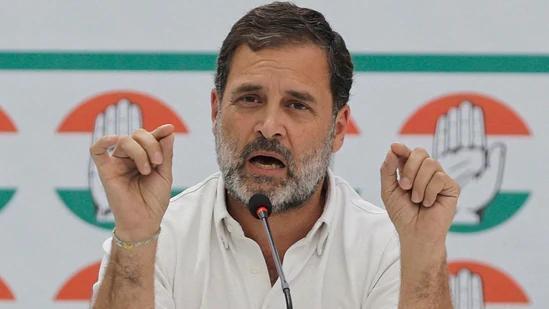
Won’t Implement NEP Even If ₹10,000 Crore Offered to TN: CM Stalin
Tamil Nadu Chief Minister MK Stalin has made it clear that he will not agree to implement the National Education Policy (NEP) even if the Centre offers to provide ₹10,000 crore in funds to the state. The statement comes as a significant blow to the Centre’s efforts to implement the policy across the country.
The NEP, which was introduced in 2020, aims to transform the education system in India by introducing several new reforms and changes. However, the policy has been met with opposition from several states, including Tamil Nadu, which has expressed concerns about the imposition of Hindi and the potential impact on the state’s educational system.
In a recent statement, CM Stalin clarified that the opposition to the NEP goes beyond just the attempt to impose Hindi. According to him, the concerns are multifaceted and include factors such as the potential impact on the state’s autonomy, the introduction of a centralized curriculum, and the lack of consultation with the states.
“We are not opposed to any language,” CM Stalin stated. “We are opposed to the attempt to impose a one-size-fits-all solution on the education system. We believe that education should be tailored to the specific needs and requirements of each state and region.”
The Tamil Nadu Chief Minister’s statement has sparked a heated debate in the country, with many education experts and policymakers weighing in on the issue. While some have argued that the NEP is necessary to bring about much-needed reforms to the education system, others have expressed concerns about the potential impact on state autonomy and the lack of consultation with the states.
The controversy surrounding the NEP is not new. Since its introduction, the policy has been met with opposition from several states, including West Bengal, Kerala, and Odisha. These states have expressed concerns about the potential impact on their educational systems and the lack of consultation with them.
The Centre, on the other hand, has argued that the NEP is necessary to bring about much-needed reforms to the education system. According to them, the policy will help to improve the quality of education, increase access to higher education, and promote research and innovation.
Despite the opposition from several states, the Centre has been pushing hard to implement the NEP. In recent months, the Ministry of Education has been working closely with the states to implement the policy, and several states have already begun to implement the reforms.
However, the Tamil Nadu government’s decision to reject the NEP is a significant setback for the Centre. The state is one of the largest in the country, and its decision not to implement the policy will likely have a significant impact on the education system.
The decision is also significant because it highlights the deepening divide between the Centre and the states on the issue of education policy. The Centre has been pushing hard to implement the NEP, but several states have been resistant to the changes.
The controversy surrounding the NEP is not limited to Tamil Nadu. Several other states have also expressed concerns about the potential impact of the policy on their educational systems. For example, West Bengal Chief Minister Mamata Banerjee has argued that the policy will lead to the imposition of Hindi and the erosion of regional languages.
Kerala Chief Minister Pinarayi Vijayan has also expressed concerns about the potential impact of the policy on the state’s educational system. According to him, the policy will lead to the centralization of education and the erosion of state autonomy.
The controversy surrounding the NEP is also significant because it highlights the deepening divide between the Centre and the states on the issue of education policy. The Centre has been pushing hard to implement the policy, but several states have been resistant to the changes.
In conclusion, the Tamil Nadu Chief Minister’s decision to reject the NEP is a significant setback for the Centre. The policy has been met with opposition from several states, and the Centre’s failure to consult with the states has led to a deepening divide.
The controversy surrounding the NEP is a complex issue, and it requires a nuanced understanding of the different perspectives involved. While the Centre has argued that the policy is necessary to bring about much-needed reforms to the education system, several states have expressed concerns about the potential impact on their educational systems.
Ultimately, the success of the NEP will depend on the Centre’s ability to work closely with the states and address their concerns. The Tamil Nadu Chief Minister’s decision to reject the NEP is a significant blow to the Centre’s efforts, and it highlights the need for a more nuanced approach to education policy.






